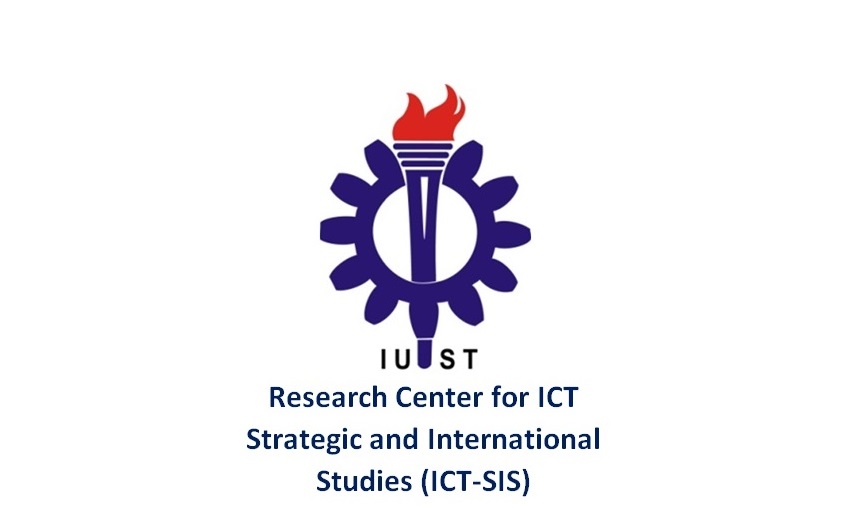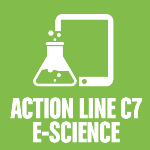E-Science, Innovation and Future Universities
IUST Research Center for ICT Strategic and International Studies (ICT-SIS)

Session 248
Affordable and reliable high-speed Internet connection infrastructure for all universities and research institutions in order to support information and knowledge production, education and training, and to support the establishment of partnerships, cooperation and networking between institutions have been emphasized in WSIS Action Line 7 e-science. WSIS+10 documents reconfirm the importance of e-science and scientific cooperation and effective use of scientific information and data, in the future of the Information society and knowledge societies.
After deploying the high speed network which has been already done in almost all of the universities across the world and developing many tools for supporting scientific collaborations, and such as many other entities, universities evolve in future and the ICTs and digitalization has important role in this evolution. Generally they will be more agile in teaching and more innovative in research. E-Science sphere and massively scientific collaborations results in a future university will be a creativity hub for knowledge sharing.
This workshop focuses on e-science and future universities. Panelists who are professors and directors from academia, funding agencies and international technical bodies will elaborate different aspects of the subject. Participants have been invited to attend and inform about the outlook and landscape of experts from different countries as well as success stories of some scientific projects in this field.
Moderator
Dr Hadi Shahriar Shahhoseini, Vice Chancellor for International Affairs, Iran University of Science and Technology, Iran.
Speakers/Panellists
• Dr Hadi Shahriar Shahhoseini (Workshop Organizer), Iran University of Science and Technology, Iran.
• Dr Eun-Ju Kim, International Telecommunication Union, ITU.
• Mr Martin Rademacher, German Rectors' Conference (HRK), Germany.
• Dr Jean-Henry Morin, University of Geneva, Switzerland.
• Dr Alireza Yari, ICT Research Institute, Iran.
Session's link to WSIS Action Lines
-
 C4. Capacity building
C4. Capacity building
-
 C7. ICT Applications: E-science
C7. ICT Applications: E-science
Session's link to Sustainable Development Process
-
 Goal 1: End poverty in all its forms everywhere
Goal 1: End poverty in all its forms everywhere
-
 Goal 4: Ensure inclusive and equitable quality education and promote lifelong learning opportunities for all
Goal 4: Ensure inclusive and equitable quality education and promote lifelong learning opportunities for all
-
 Goal 6: Ensure access to water and sanitation for all
Goal 6: Ensure access to water and sanitation for all
-
 Goal 7: Ensure access to affordable, reliable, sustainable and modern energy for all
Goal 7: Ensure access to affordable, reliable, sustainable and modern energy for all
-
 Goal 10: Reduce inequality within and among countries
Goal 10: Reduce inequality within and among countries
-
 Goal 13: Take urgent action to combat climate change and its impacts
Goal 13: Take urgent action to combat climate change and its impacts
-
 Goal 14: Conserve and sustainably use the oceans, seas and marine resources
Goal 14: Conserve and sustainably use the oceans, seas and marine resources
-
 Goal 15: Sustainably manage forests, combat desertification, halt and reverse land degradation, halt biodiversity loss
Goal 15: Sustainably manage forests, combat desertification, halt and reverse land degradation, halt biodiversity loss
-
 Goal 17: Revitalize the global partnership for sustainable development
Goal 17: Revitalize the global partnership for sustainable development